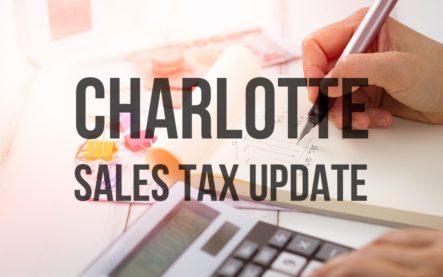CALL US
(980) 237-1714
Email us
justin@pruscpa.com
Friday 09:00 - 15:00
Mon - Thu 09:00-17:00
Long-term strategies and the ACA (Affordable Care Act)
Estimated Reading Time: 3 minutes 45 seconds
As serial entrepreneurs grow businesses and expand their overall business footprint, there is a tendency for advisors (such as GP CPA) to explore the idea of consolidating certain elements of the businesses.
This is often an effective strategy for managing costs and helping with other metrics that are indirectly related to profitability, like turnover reduction, benefits offerings, or simply streamlining operations. One of the ways that consolidation makes sense is the formation of a management company, that oversees operations and potentially controls the labor pool across several entities.
The trick to making this structure work efficiently is also at odds with two parts of the tax code that require certain things of business owners at a certain level, namely ones with more than 50 employees (also, full-time equivalents, “FTE”) and retirement plans.
When the Affordable Care Act kicks into high gear?
Once a business reaches 50 employees or the equivalent number of FTE’s, then the Affordable Care Act kicks into high gear and requires the employer to offer and pay for a portion of health insurance for all full-time employees. This means that employees working 120 hours a month are considered full time, and it also means that a taxpayer who controls multiple, unrelated businesses with 50 FTE’s are included as well.
If Tom Taxpayer controls four restaurants with a total of 60 full-time employees, then Tom must offer health insurance to each restaurant even if each entity does not itself have 50 FTE’s. Group health plans in NC/SC are atrociously expensive and notoriously offer poor benefits, which makes this a really tough decision for the business owner.
Retirement Plans
The same situation applied to Tom Taxpayer with regards to retirement plans, the laws that affect the FTE calculations and controlled group scenarios also apply. The ability to offer a retirement plan and not incur significant expenses for administration and employee contributions is very limited, especially when there is not a long term strategy to work from.
All of the major retirement plan types include elements of profit sharing and/or mandatory contributions for employees to prevent retirement plans from working only for the owners, which makes them less appealing for some business owners. However, there are options and strategies available to business owners to mitigate the costly effects of both of these burdens while still retaining the benefits they provide.
If you are like Tom Taxpayer and you offer benefits such as retirement & health to the company’s employees, it is worth a conversation to review how the benefits and companys are structured. Are you in compliance with the law, is there a better way to pay for these things, are you getting any value out of the offering? If you are not sure of the answers to these questions, contact GP CPA to get some insight in how it could work. Even though we love technology, it’s our people that count.
Related Articles

GP CPA Charlotte Sales Tax News Update
As many area businesses know Charlotte Sales Tax rate is either 2%, 7.25%, or 8.25% and what rate belongs to your business is based on what the business is selling.

Dear Client, I have good news!
Since we now have less than 90 days left in the year, kindly keep me apprised of when you expect the major revenue collections to be during the next few weeks and we can adjust accordingly.

Meet Michael R. Acosta, CFP® (Certified Financial Planner)
A CFP® is a Certified Financial Planner professional that focuses on taking a holistic approach to goals-based planning.
IRS has begun sending letters to virtual currency owners advising them to pay back taxes, file amended returns; part of agency’s larger efforts
IRS has begun sending letters to taxpayers with virtual currency transactions that potentially failed to report income and pay the resulting tax from virtual currency transactions.
Hi GP CPA Client!
At the rate the company is going, you will end up with an $18,000 tax bill at the end of year.
Changes at GP CPA
We have changed the name of our firm to GP CPA, P.C. effective March 2019. “Gary M Prusiensky, CPA, P.C.” and “GMP CPA” had a substantial overlap on Google search with another CPA firm in Texas and we needed to act before Google acted for us.
Comments

0 Comments